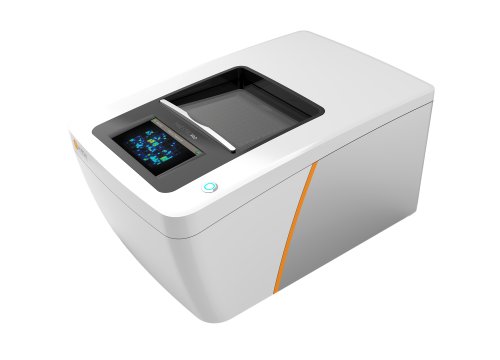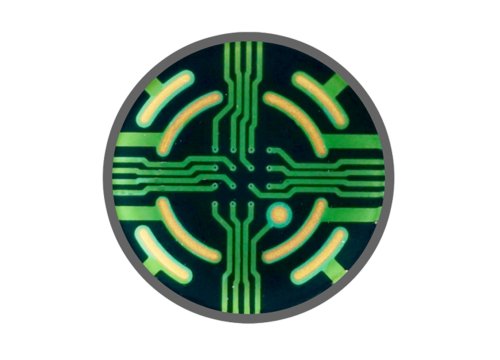Belbachir N, Cunningham N, Wu JC.
Cardiac Tissue Engineering, 2022.
Scientists use Axion’s Maestro Pro to demonstrate the advantages of multielectrode array (MEA) technology for cardiac toxicity assessment.
Multielectrode array (MEA) technology, which the authors describe as “progressively considered the gold standard for high-throughput in vitro electrophysiological evaluation,” is widely used in cardiac research and other fields for disease modeling, toxicity assessment, regenerative medicine, and precision medicine. In this book chapter from Cardiac Tissue Engineering, scientists provide a detailed experimental protocol and explore the effects of the antiarrhythmic drug ibutilide using induced pluripotent stem cell-derived cardiomyocytes (iPSC-CMs) reprogrammed from a person with long QT syndrome versus controls.
Using Axion’s Maestro Pro MEA platform and Cardiac Analysis Tool, the team demonstrated that “arrhythmic events can be efficiently detected, identified, and reported” using an iPSC-CM model and provided results showing the expected differences in proarrhythmic risk between long QT lines compared to controls. Other advantages of MEA noted in the article include its high-throughput capabilities, the ability to observe cells noninvasively over long periods of time, and the potential to replace animal testing.


